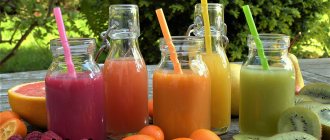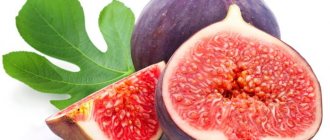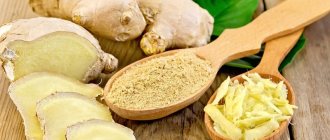A baby is a big responsibility for any family. And if a mother is breastfeeding, then she has to think about the possible consequences for the baby even in the most ordinary everyday situations. Which everyday activities are safe and will not affect the child, and which ones can cause harm? Do's and don'ts if you're breastfeeding?
Sports, fitness, dancing: possible
Moreover, physical activity is very important for mothers. Exercises will help lift your mood, restore muscle tone, and adjust your weight. To get in shape, it is important to gradually increase physical activity, slowly raising the bar in terms of time and intensity of exercise. But if you gained more than 10% of your weight during pregnancy, you should do this carefully. You don't need to train intensely right away to lose weight quickly. This way you can damage muscles, ligaments and joints that simply cannot withstand the heavy load.
It is best to give preference to sports suitable for young mothers: yoga, swimming, fitness. Often, entire groups are organized for women with infants, where they can get in shape under the guidance of experienced instructors and without risk to health.
Diet for breastfeeding: possible, but reasonable
Many women strive to get back into shape faster after giving birth and try to go on a “strict” diet. You can’t do this - remember that you can and should eat a variety of foods while breastfeeding. With a “strict” diet or refusal to eat at a certain time of day (remember the common rule “do not eat after 18.00”), the amount of milk produced may begin to decrease. If the weight gained is too much, you should first monitor your caloric intake, reduce fast carbohydrates and saturated fats. At the same time, the diet should remain varied so that the child can get all the nutrients he needs.
Speaking of what not to eat while breastfeeding. If the diet is related to allergies in the child or medical indications for the health of the mother herself, then you will have to follow the recommendations of doctors. Only your doctor can accurately answer the question of what foods you can eat while breastfeeding. Experts, as a rule, advise taking vitamin and mineral complexes along with the diet.
Benefits, harms and role of coffee during breastfeeding
Drinking coffee in moderation brings many benefits to the body. Coffee beans contain tannins, which have an invigorating effect. In addition, they include:
- amino acids - necessary for protein synthesis and the construction of new cells;
- vitamins B1, B2, P;
- coffee oil, which improves skin, strengthens nails, and begins to grow hair better;
- fiber, which normalizes the digestion process and prevents the development of constipation.
Also, coffee with milk during breastfeeding reduces appetite, which often increases during lactation, leading to overeating. Having consumed a cup of the drink in the morning, a nursing mother feels cheerful after a sleepless night, is recharged with energy, her strength is restored, and headaches go away. Coffee during breastfeeding speeds up metabolism and slightly increases blood pressure. This is important because most women experience hypotension after childbirth.
In the first months after the birth of a child, a woman should pay attention to how she eats and what she drinks. During this period, strong coffee is prohibited, because the baby's digestive system is just adapting to breast milk. You can only drink coffee 4-8 weeks after giving birth.
View this post on Instagram
YOU CAN'T TOLERATE DRINKING ⠀ Where to put the comma is up to you! And before you read this most useful text - click on ❤️ Author @irinaryukhova Let's go ⬇️ ⠀ Many mothers are afraid to drink coffee ☕ during #GW, and this has already become one of the #myths. ⠀ A review by McCreedy A et al 2021 was recently released, where the actual data on caffeine consumption in general and coffee consumption in particular by nursing mothers were carefully analyzed. ⠀ ❓What became known from there? ⠀











